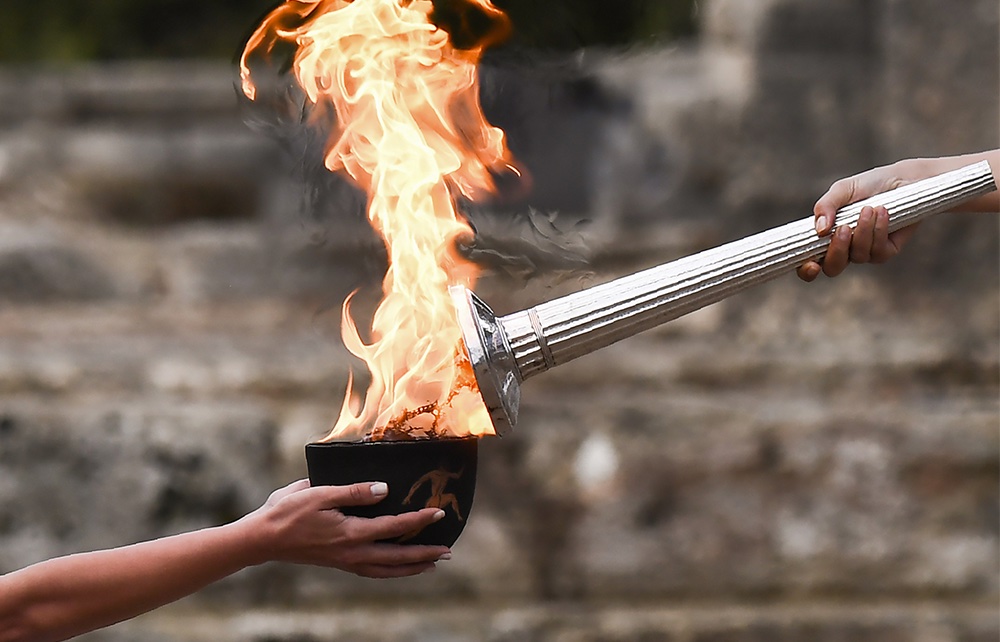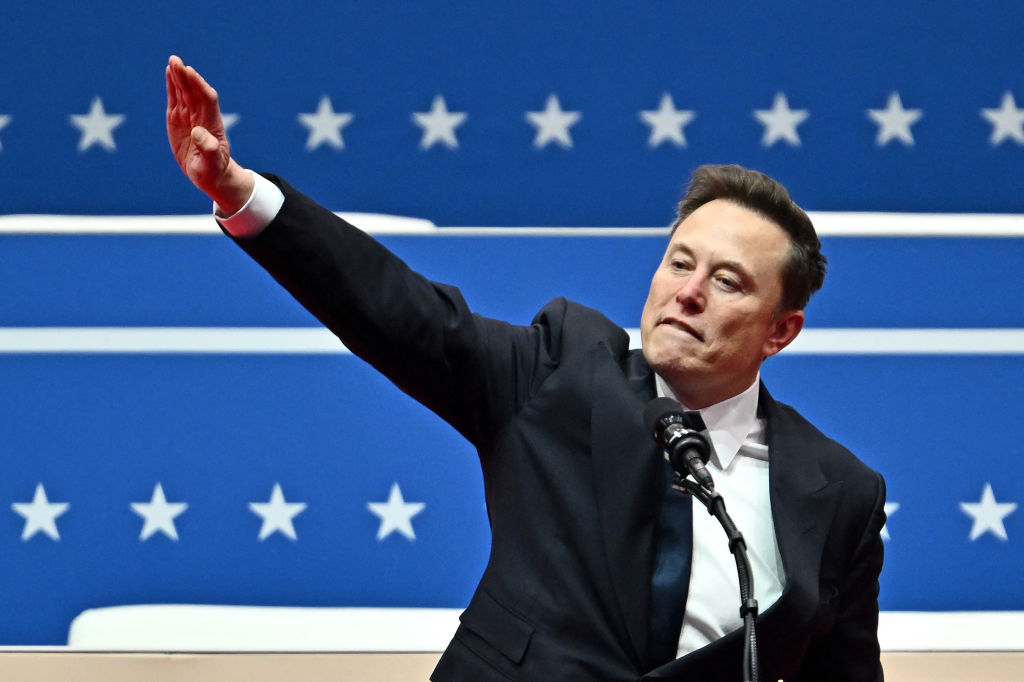The original Olympic Games established a basic canon of seven games, unchanged over some 900 years: foot, horse and chariot races, boxing, wrestling, pankration and pentathlon. This year’s Olympics feature forty-two games, adding for the first time “competitive breakdancing, an urban sport that originated in the hip-hop culture of 1970s block parties in the US.”
It has been ever thus since the Games were first revived in Wenlock in 1850, when soccer, cricket and quoits appeared. The first “Olympics,” started in Greece in 1859 — a minor, one-day event in the context of a huge agro-industrial exhibition — featured climbing a greased pole. In 1865 a National Olympian Association was founded in London; in 1866 its games at the Crystal Palace included steeplechasing and a 440-yard hurdles, won by W.G. Grace (aged eighteen), batting away the competition in a time of one minute ten seconds. The Marathon is the most famous invention of the revived games, from 1896.
The last few weeks have offered another example. The Olympic torch, lit in the sanctuary of Zeus in Olympia, started its 3,100-mile journey at the Panathenaic stadium in Athens. It is now in the hands of 10,000 runners across France and French territories to arrive in Paris for the opening of the Games on July 26. This relay was invented by one of Hitler’s officials, Carl Diem, for the Berlin Games in 1936, perhaps from a combination of two ancient Greek customs. First, in the spring of every Olympic year, three sacred heralds traveled around the Greek world, reminding its many city-states to allow safe passage to all travelers and athletes going to the Games, always held in Zeus’ sanctuary at Olympia. Second, there was a tradition of cities holding torch relay races, the winner being the runner who first placed his torch on the altar of the god(dess) being celebrated. But whatever the source, Diem’s Nazi-inspired fantasy proved an instant winner with the IOC, always known for its commitment to peace, harmony and goodwill between nations.
This article was originally published in The Spectator’s July 2024 World edition.


























Leave a Reply